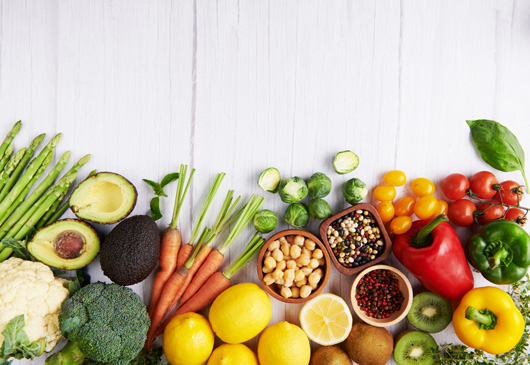If your child were to choose between a big, juicy burger and a sweet, wholesome banana, which one would they pick? We’re guessing the first one.
Who can resist the lure of biting into a delicious burger patty between a soft sesame seed bun?
But what if you were to ask which of the two is the healthier choice? Your bet would be on the banana, right?
Their answer may surprise you because, according to the annual State of Nutrition in South Africa 2021 report, about 38% of South African parents believe their children do not have a good understanding of the difference between healthy and unhealthy foods.
The report, commissioned by Tiger Brands’ Eat Well Live Well Institute, delved into better understanding South Africans with regards to their dietary choices, eating behaviours and lifestyles.
The good news is that almost a third (32%) of parents indicated that their children significantly influence the purchase of healthy food. This is double the number of respondents who indicated that their child has a significant influence on purchasing unhealthy food (16%).
The cases of increased childhood obesity cannot be overlooked. According to dietician and nutritionist Professor Rina Swart, one in eight children now lives with obesity in South Africa.
“It is estimated that by 2030, if we continue at this rate, at least three out of every five children will be obese,” said Swart during a webinar hosted by the Socio-Economic Rights Project at the University of the Western Cape Dullah Omar Institute in March this year.
Making healthy choices is often confusing, expensive and time-consuming. This was further reiterated in the State of Nutrition in South Africa 2021 report, which found that since the start of the pandemic, 30% of South Africans strongly agreed that cost drives the purchase of food, despite the health benefits.
Omy Naidoo, a dietician at Newtricion Wellness, believes that having healthy eating patterns is one of the basic preventative measures of obesity. “Obesity prevention begins at a young age. It is important to try and maintain a healthy weight without focusing more on the measuring scale,” said Naidoo.
Naidoo added that by focusing on obesity prevention and lifestyle changes, it could be possible to slow or prevent the development of health problems such as heart disease, diabetes, high blood pressure and certain cancers.
“A healthy weight is important in maintaining good health. This can be done by changing your daily lifestyle. You can start by eating more vegetables and partaking in more physical activities, at least twice a week,” he concluded.
What is encouraging is that there has been an improvement in consumer nutrition, health behaviour and key health metrics among the average South African since the start of the Covid-19 pandemic (when initially measured in August 2020) versus May 2021.
“Despite the devastating impacts of the pandemic on how we live, work, play and eat, it has also given many of us the time and motivation to try and strive for more balanced lifestyles that prioritise our overall wellness,” said Becky Opdyke, Chief Marketing Officer at Tiger Brands.
“The pandemic is also teaching us how to be easier with ourselves and more supportive of each other in the face of multiple challenges.”

